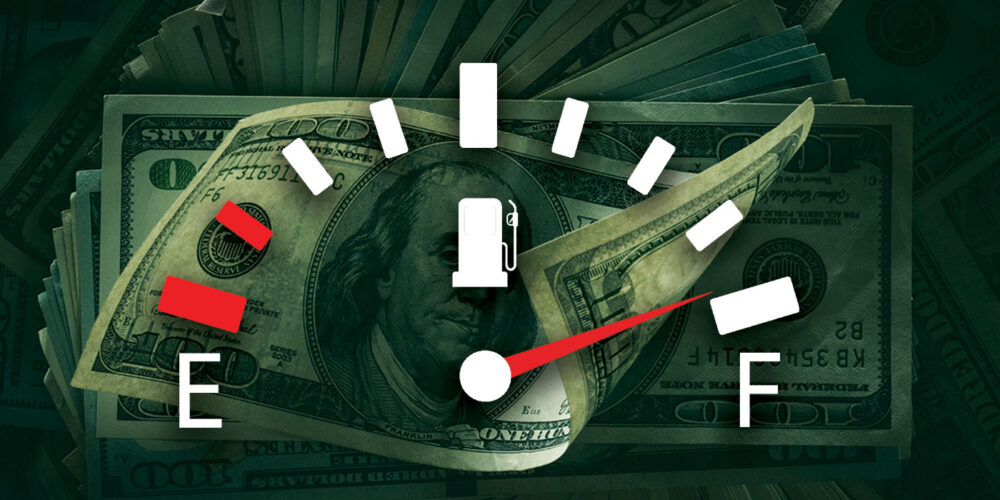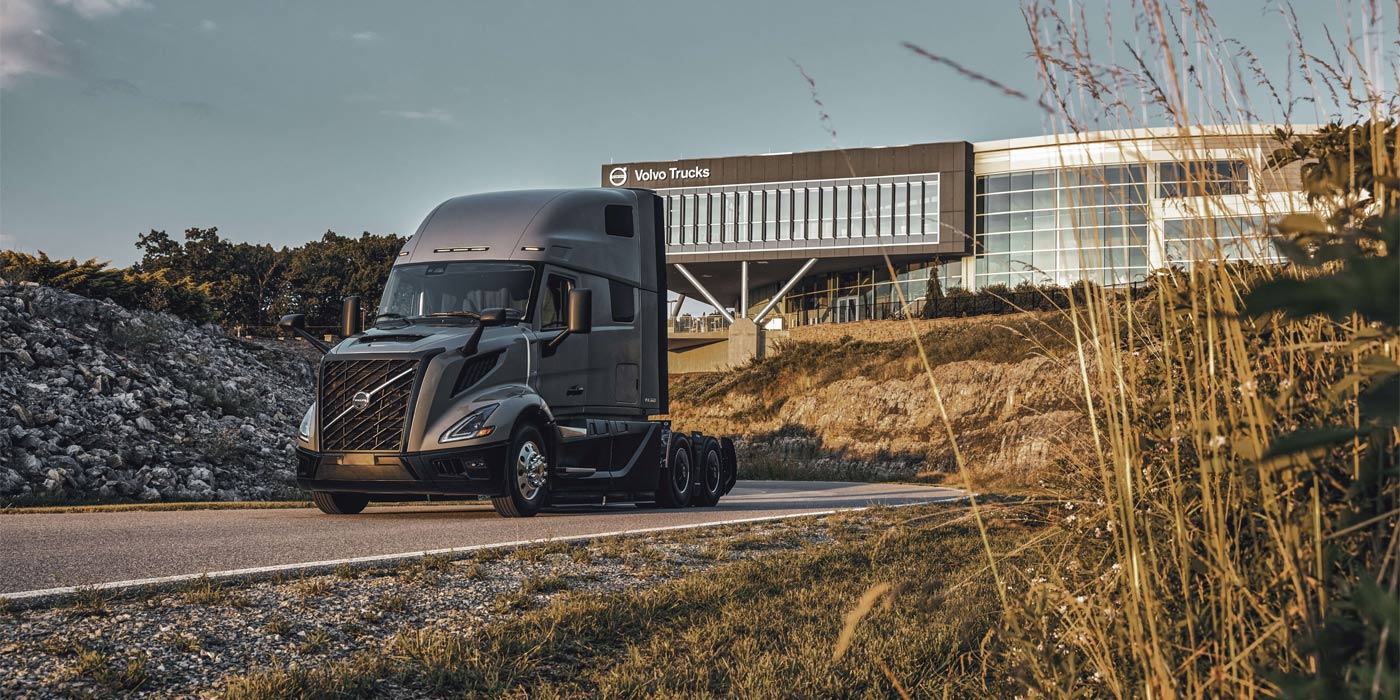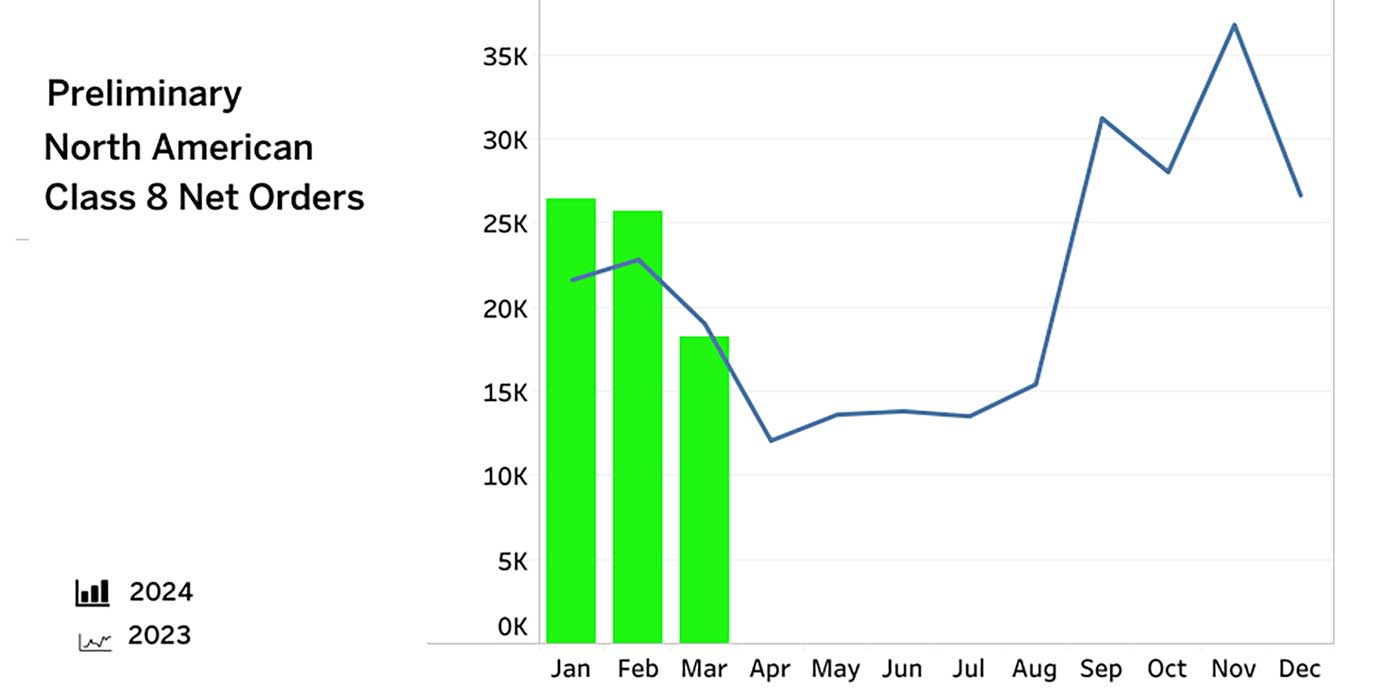Peloton Technology has announced that it will participate in the Next-Generation Energy Technologies for Connected and Autonomous On-Road Vehicles (NEXTCAR) program sponsored by the U.S Department of Energy’s (DOE) Advanced Research Projects Agency-Energy (ARPA-E). The goal of the project is to cut heavy-duty truck fuel use by 20% through the use of platooning technology.
Led by Purdue University, Peloton’s NEXTCAR project team also includes Cummins, Peterbilt Motors Co., ZF TRW, the University of Arizona and the National Renewable Energy Laboratory (NREL). Contributions from partners include Peloton’s current platooning system and higher-automation platooning technology under development, advanced powertrain solutions from Cummins, steering controls from ZF TRW and the newest trucks from Peterbilt. This is one of 10 NEXTCAR projects commissioned by the DOE.
“As we join in launching this national project, we are excited about the team’s complementary strengths in commercial powertrain development, connected vehicle applications, vehicle automation and trucking operations,” said Josh Switkes, chief executive officer of Peloton. “Our first truck platooning system is coming to market in 2017. This project will build upon our existing system and is complementary to the higher-automation solutions we are developing next. We appreciate the leadership shown by ARPA-E in creating the NEXTCAR program and by Purdue in assembling our team.”
For NEXTCAR, Peloton will address two key research objectives. The first is to increase fuel savings from truck platooning at highway speeds from a baseline average of 7% across two trucks to 20% in combination with connected powertrains.
The significant gain in platooning efficiency over the three years of the NEXTCAR project will be the sum of several technology advancements, including the development of powertrain set points optimized for when trucks are operating in platooning mode, and the integration of steering control which will raise the system from a Level 1 to Level 2 automated driving system under industry-standard definitions of SAE International.
“Our objective is to tap into fuel savings that can only be attained by managing the powertrain precisely for the road ahead, and for the specific configuration of the trucks.” said Michael Palmer, Peloton’s director of research. “Cloud connectivity provides information about the road ahead, and the trucks exchange data about their estimated mass and powertrain capabilities. This helps us maintain smooth, efficient platooning through grades and rolling hills.”
Peloton’s second NEXTCAR focus area will be to meet the connectivity requirements of powertrain innovations including over-the-air engine recalibrations and distributed computing between trucks and the cloud. This work will build on Peloton’s experience in developing a cloud-based Network Operations Center to manage vehicles equipped with automated driving systems including its flagship truck platooning system, which employs DSRC, cellular LTE and WiFi to connect vehicles to each other and to the cloud.
“We are delighted to have Peloton on the team,” said Greg Shaver, professor of mechanical engineering at Purdue and principal investigator for the project team. “Peloton brings thought leadership and proven, compelling results in Class 8 truck platooning and connectivity. I cannot imagine pursuing this ambitious project without Peloton’s significant participation.”
Peloton and its NEXTCAR partners expect to launch the three-year project in March 2017. The team will receive a total of $5 million from ARPA-E and will provide additional cost share funding.














